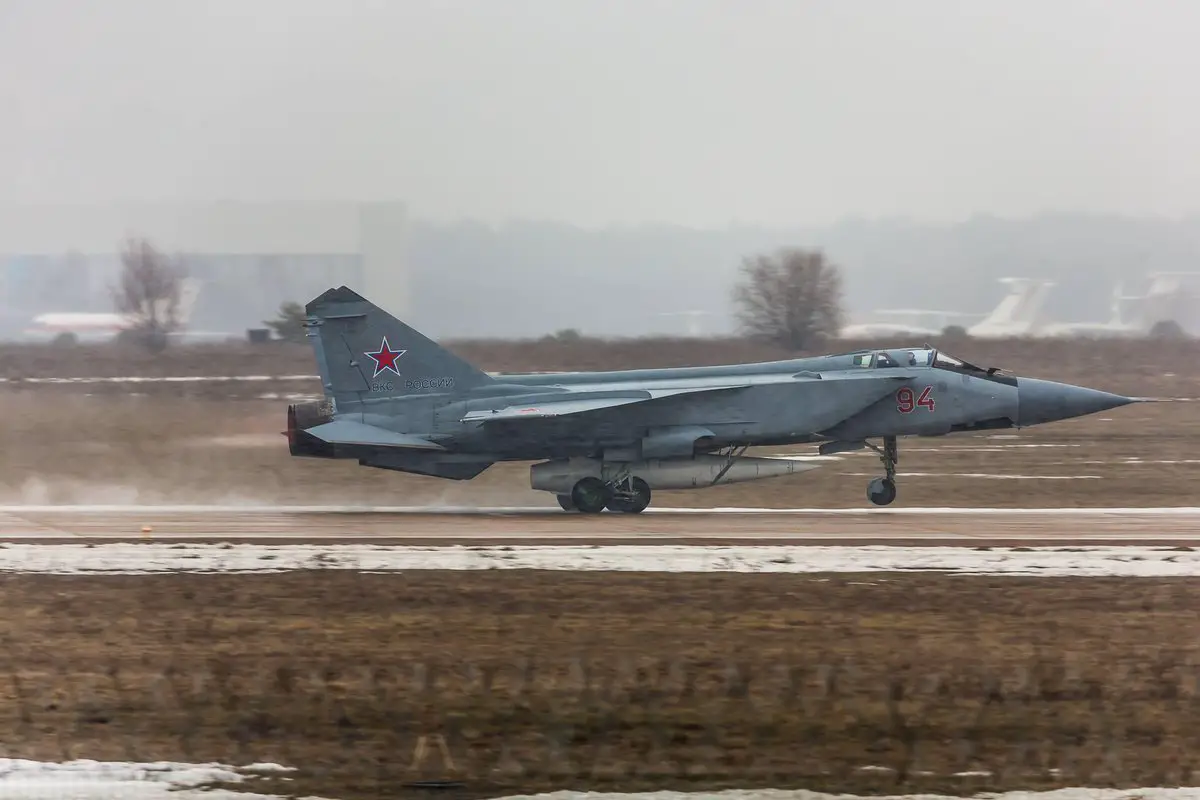The Russian Naval Aviation (Aviatsiya Voenno-morskovo Flota Rossii) will be armed with Kh-47M2 Kinzhal (Dagger) air ballistic hypersonic missiles. It will help MiG-31 control the Arctic and Pacific coast. It has a claimed range of more than 2,000 km (1,200 mi), Mach 10 speed, and an ability to perform evasive maneuvers at every stage of its flight. It can carry both conventional and nuclear warheads and can be launched from Tu-22M3 bombers or MiG-31K interceptors. Kinzhal will be fully integrated into the Navy combat force. Warships and submarines will provide guidance to aircraft in real time.

The Kinzhal will make the Navy operational in any Arctic region. MiG-31 armed with Kinzhal can control immense territories, including the Northern Sea Route from airfields in the Kola Peninsula and Kamchatka. MiG-31K in Kamchatka will defend the East Siberia, Bering Seas and the Sea of Okhotsk. The Russian naval aviation currently has two units armed with MiG-31. One is deployed at Monchegorsk airfield in Murmansk region and the second one in Yelizovo in Kamchatka. The airstrip in Monchegorsk was overhauled in October 2013. Over 2 thousand concrete plates were replaced, as well as taxi drives and parking lots. In Yelizovo, the airstrip was overhauled in the summer of 2016. It is nearly 3.5 thousand meters long.

The Mikoyan MiG-31 (reporting name: Foxhound) is a supersonic long-range interceptor aircraft developed for use by the Soviet Air Forces. It was designed yet in the Soviet Union, but many experts call it unprecedented aircraft in its class. Several MiG-31 can cover a 900-km long airspace. The range of the jet without heavy arms is close to 2 thousand km. In 2018, MiG-31K is a modified MiG-31BM variant capable to carry the hypersonic Kh-47M2 Kinzhal ALBM. Ten aircraft have been modified as of May 2018. With this modification and with removed APU for air-to-air missiles, the aircraft gained a sole role















